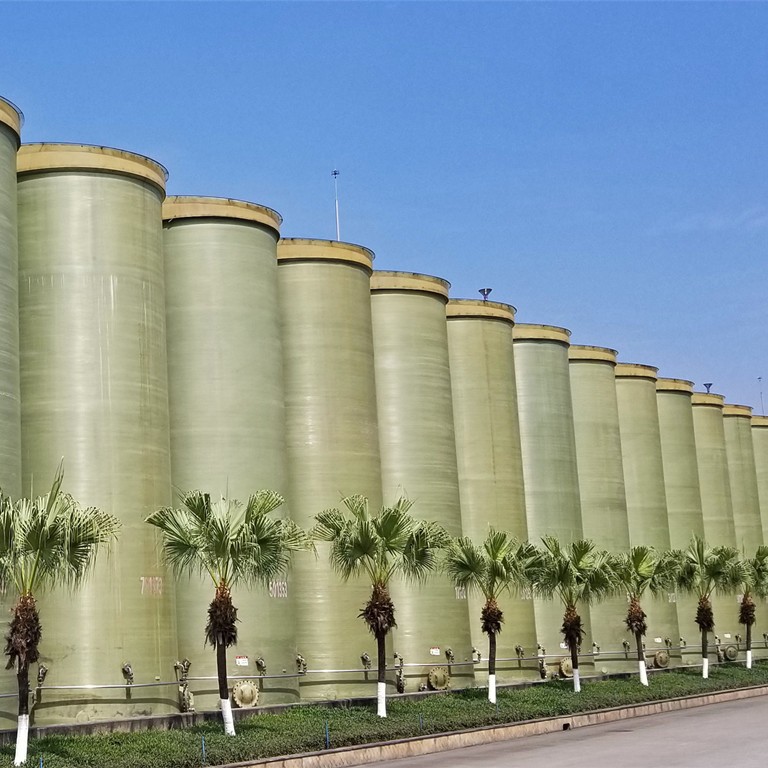
-
 Afrikaans
Afrikaans -
 Albanian
Albanian -
 Amharic
Amharic -
 Arabic
Arabic -
 Armenian
Armenian -
 Azerbaijani
Azerbaijani -
 Basque
Basque -
 Belarusian
Belarusian -
 Bengali
Bengali -
 Bosnian
Bosnian -
 Bulgarian
Bulgarian -
 Catalan
Catalan -
 Cebuano
Cebuano -
 China
China -
 China (Taiwan)
China (Taiwan) -
 Corsican
Corsican -
 Croatian
Croatian -
 Czech
Czech -
 Danish
Danish -
 Dutch
Dutch -
 English
English -
 Esperanto
Esperanto -
 Estonian
Estonian -
 Finnish
Finnish -
 French
French -
 Frisian
Frisian -
 Galician
Galician -
 Georgian
Georgian -
 German
German -
 Greek
Greek -
 Gujarati
Gujarati -
 Haitian Creole
Haitian Creole -
 hausa
hausa -
 hawaiian
hawaiian -
 Hebrew
Hebrew -
 Hindi
Hindi -
 Miao
Miao -
 Hungarian
Hungarian -
 Icelandic
Icelandic -
 igbo
igbo -
 Indonesian
Indonesian -
 irish
irish -
 Italian
Italian -
 Japanese
Japanese -
 Javanese
Javanese -
 Kannada
Kannada -
 kazakh
kazakh -
 Khmer
Khmer -
 Rwandese
Rwandese -
 Korean
Korean -
 Kurdish
Kurdish -
 Kyrgyz
Kyrgyz -
 Lao
Lao -
 Latin
Latin -
 Latvian
Latvian -
 Lithuanian
Lithuanian -
 Luxembourgish
Luxembourgish -
 Macedonian
Macedonian -
 Malgashi
Malgashi -
 Malay
Malay -
 Malayalam
Malayalam -
 Maltese
Maltese -
 Maori
Maori -
 Marathi
Marathi -
 Mongolian
Mongolian -
 Myanmar
Myanmar -
 Nepali
Nepali -
 Norwegian
Norwegian -
 Norwegian
Norwegian -
 Occitan
Occitan -
 Pashto
Pashto -
 Persian
Persian -
 Polish
Polish -
 Portuguese
Portuguese -
 Punjabi
Punjabi -
 Romanian
Romanian -
 Russian
Russian -
 Samoan
Samoan -
 Scottish Gaelic
Scottish Gaelic -
 Serbian
Serbian -
 Sesotho
Sesotho -
 Shona
Shona -
 Sindhi
Sindhi -
 Sinhala
Sinhala -
 Slovak
Slovak -
 Slovenian
Slovenian -
 Somali
Somali -
 Spanish
Spanish -
 Sundanese
Sundanese -
 Swahili
Swahili -
 Swedish
Swedish -
 Tagalog
Tagalog -
 Tajik
Tajik -
 Tamil
Tamil -
 Tatar
Tatar -
 Telugu
Telugu -
 Thai
Thai -
 Turkish
Turkish -
 Turkmen
Turkmen -
 Ukrainian
Ukrainian -
 Urdu
Urdu -
 Uighur
Uighur -
 Uzbek
Uzbek -
 Vietnamese
Vietnamese -
 Welsh
Welsh -
 Bantu
Bantu -
 Yiddish
Yiddish -
 Yoruba
Yoruba -
 Zulu
Zulu
frp desalination piping and fitting
FRP Desalination Piping and Fitting A Sustainable Solution for Water Treatment
As the world grapples with increasing water scarcity, innovative technologies to convert seawater into fresh, potable water are becoming ever more crucial. One such technology is desalination, a process that removes minerals from seawater. The efficiency of desalination plants greatly depends on the materials used in their construction, particularly the piping and fittings. Among the array of materials available, Fiber Reinforced Plastic (FRP) has emerged as a superior choice for desalination systems.
Understanding FRP
FRP is a composite material that combines a polymer matrix with reinforcing fibers, typically fiberglass. This hybrid offers enhanced mechanical properties and corrosion resistance compared to traditional materials such as metal and concrete. Given the harsh marine environments where desalination systems operate, it is essential to use materials that can withstand both the corrosive effects of seawater and the operational stresses of the system.
Advantages of FRP in Desalination
1. Corrosion Resistance One of the primary advantages of FRP is its exceptional resistance to corrosion. Traditional metal piping systems are prone to rust and degradation when exposed to saltwater. On the other hand, FRP does not corrode; this longevity ensures lower maintenance costs and prolonged system life.
2. Lightweight FRP is significantly lighter than metal or concrete alternatives. This characteristic makes handling, transportation, and installation easier and more cost-effective. Additionally, reduced weight translates to lower structural support requirements and reduced energy consumption during installation.
3. Design Flexibility The manufacturing process of FRP allows for a wide range of shapes and sizes, providing flexibility in design. This adaptability is particularly beneficial in complex desalination systems where unique specifications are necessary for optimal performance.
4. Thermal Insulation FRP exhibits excellent thermal insulation properties, reducing heat loss through piping systems. This feature can enhance the efficiency of desalination processes, particularly in energy-intensive operations.
frp desalination piping and fitting

5. Environmental Impact As sustainability becomes a significant concern globally, FRP provides an eco-friendly alternative. Its durability reduces the need for frequent replacements, minimizing waste and environmental impact.
Applications of FRP Piping and Fittings in Desalination
FRP piping systems are increasingly used in various parts of desalination plants. Their application ranges from seawater intake and brine discharge lines, to high-pressure piping systems that transport desalinated water. Additionally, FRP fittings such as valves, flanges, and elbows are essential components that ensure the integrity and efficiency of the piping network.
Given the rising demand for fresh water and the importance of sustainable solutions, FRP has become an integral part of modern desalination plants. Its properties align well with the operational requirements of such facilities, leading to enhanced performance and reduced overall costs.
Challenges and Considerations
Despite the numerous advantages, there are challenges associated with using FRP materials in desalination. The initial cost of FRP can be higher than traditional materials, though this is often offset by savings in maintenance and operational costs over the lifespan of the system. Additionally, proper installation and expertise in handling FRP are necessary to ensure optimal performance and longevity.
Conclusion
As the global community continues to seek sustainable methods for addressing water scarcity, the role of advanced materials like FRP in desalination systems cannot be understated. With its unique combination of corrosion resistance, lightweight properties, design flexibility, and environmental benefits, FRP piping and fittings represent a promising solution. By investing in these innovative materials, the efficiency and sustainability of desalination plants can be significantly enhanced, paving the way for a more secure water future. As we move forward, continued research and development in FRP technology will ensure that we harness the full potential of desalination processes while safeguarding our precious water resources.









